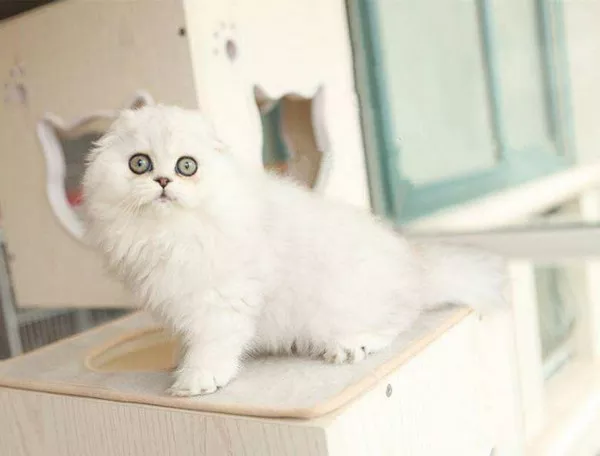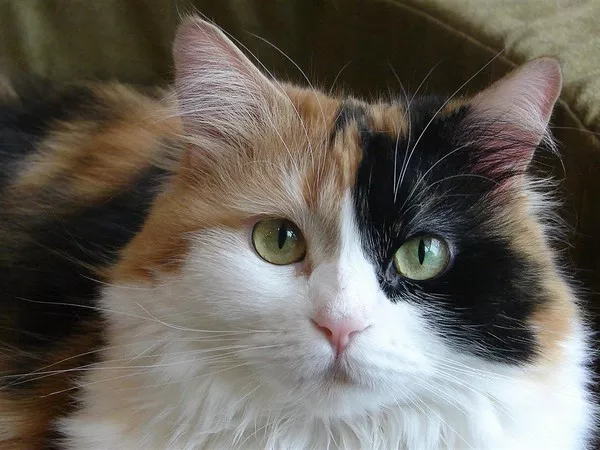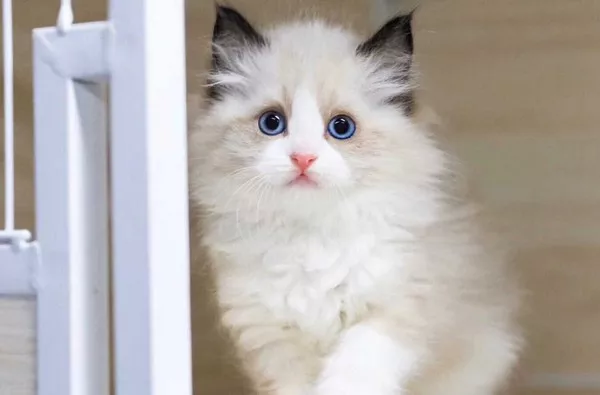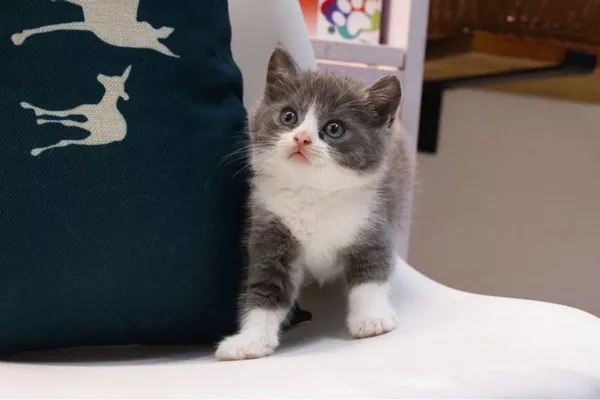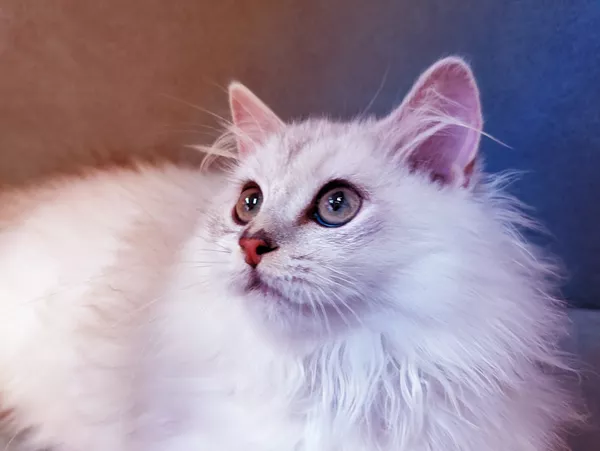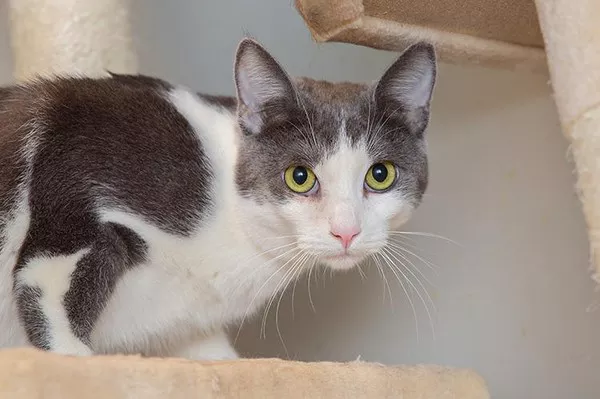British Shorthairs are a beloved cat breed known for their distinctive appearance and friendly personality. They have a round face, large eyes, and a plush coat that comes in many colors, including blue, lilac, cream, and black. British Shorthairs are also known for being excellent companions and are often described as affectionate, intelligent, and loyal.
If you’re considering adding a British Shorthair to your family, it’s essential to understand how to care for them properly. Today, we’ll explore how to care for your British Shorthair, including their diet, grooming needs, exercise requirements, and overall health.
Diet
Feeding your British Shorthair a well-balanced diet is essential for their overall health and well-being. A healthy diet can help prevent obesity and other health issues such as diabetes, joint problems, and heart disease. When selecting food for your British Shorthair, opt for high-quality cat food that provides all the necessary nutrients they need to thrive. Avoid feeding your British Shorthair human food, as it can lead to digestive issues and obesity.
It’s also important to monitor your cat’s food intake and adjust their portions as needed based on their age, weight, and activity level. Feeding your British Shorthair smaller, frequent meals throughout the day can help prevent overeating and promote healthy digestion.
Grooming Needs
British Shorthairs have a dense, plush coat that requires minimal grooming. However, regular brushing can help remove loose fur, prevent hairballs, and distribute natural oils throughout their coat. Brushing your cat once or twice a week is usually sufficient. During shedding season, which typically occurs twice a year, you may need to brush your cat more frequently.
In addition to brushing, it’s essential to keep your British Shorthair’s ears and teeth clean. Use a damp cloth or cotton ball to gently clean their ears, and brush their teeth regularly to prevent dental issues such as tartar buildup and gingivitis.
Exercise Requirements
British Shorthairs are active cats that enjoy playtime and exercise, so it’s important to provide them with opportunities for physical activity. Interactive toys such as feather wands, laser pointers, and treat puzzles can be great for engaging your cat in play. Providing a scratching post or cat tree can also give your cat an outlet for their natural urge to scratch and climb.
You can also encourage your British Shorthair to exercise by providing them with plenty of space to run, jump, and play. Consider creating a designated play area in your home with toys and climbing structures that will keep your cat entertained and engaged.
Overall Health
British Shorthairs are generally healthy cats with a long lifespan, but like all breeds, they may be prone to certain health issues. Regular wellness check-ups with your veterinarian are essential for ensuring your British Shorthair’s overall health and detecting any potential health issues early.
Common health issues that British Shorthairs may face include hypertrophic cardiomyopathy (HCM), polycystic kidney disease (PKD), obesity, and dental problems. Keeping your cat at a healthy weight, feeding a balanced diet, providing plenty of exercise, and practicing good dental care can help prevent many of these health issues.
It’s also important to vaccinate your British Shorthair against common cat diseases, including feline leukemia and rabies. Vaccinations can help keep your cat healthy and prevent the spread of disease.
In addition to regular veterinary care, it’s important to monitor your British Shorthair’s behavior and health at home. Watch for signs of illness, such as lethargy, loss of appetite, vomiting, or diarrhea, and contact your veterinarian if you notice any concerning symptoms.
Conclusion
British Shorthairs are a wonderful cat breed known for their friendly personality and distinctive appearance. Proper care, including a well-balanced diet, regular grooming, exercise, and veterinary care, can help ensure that your British Shorthair lives a long and healthy life. By following these tips and providing your cat with plenty of love and attention, you can give them the best possible care. Remember, caring for a British Shorthair requires time and effort, but the rewards of having a happy and healthy cat are well worth it.
Recommended reading:




